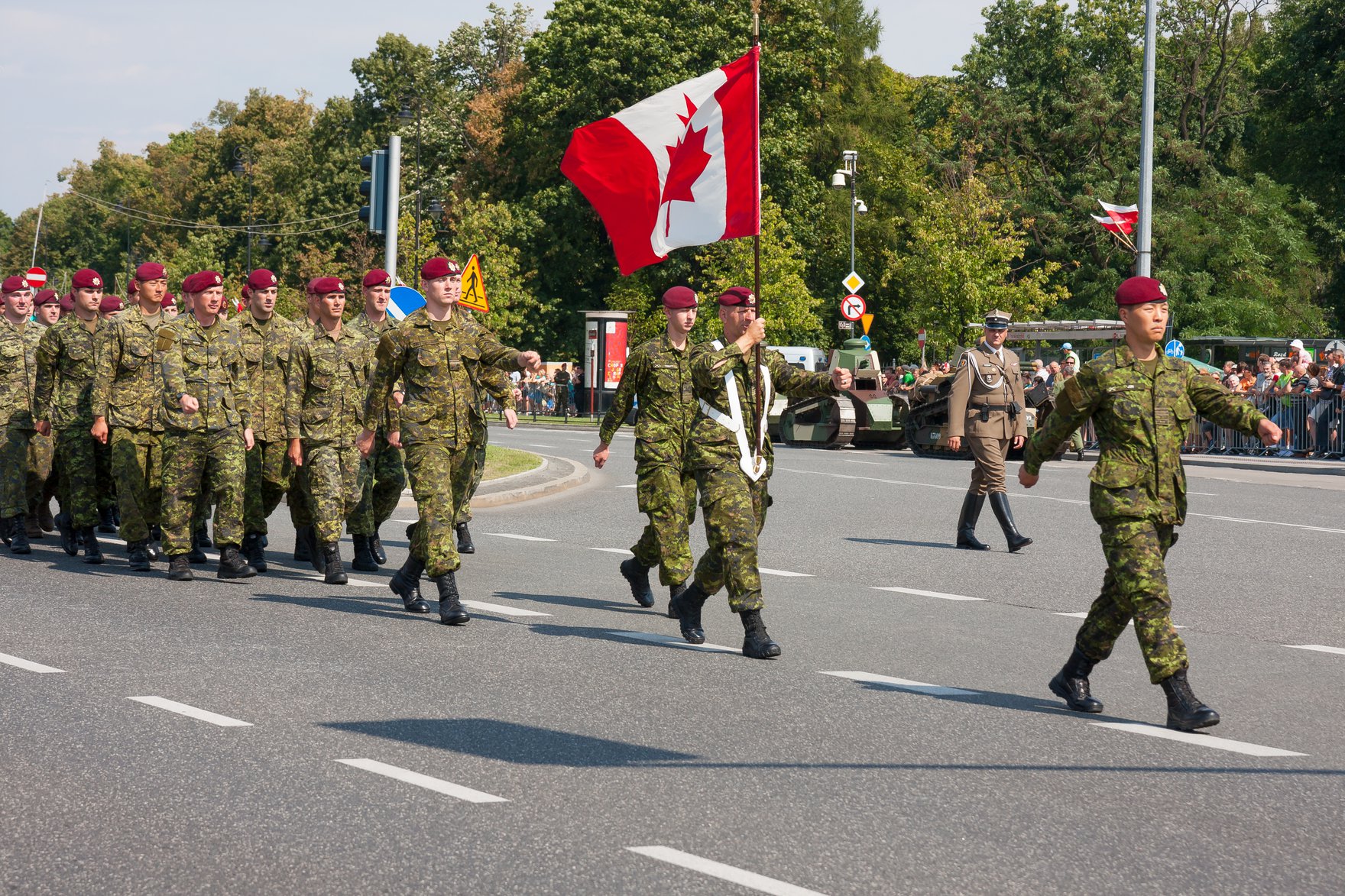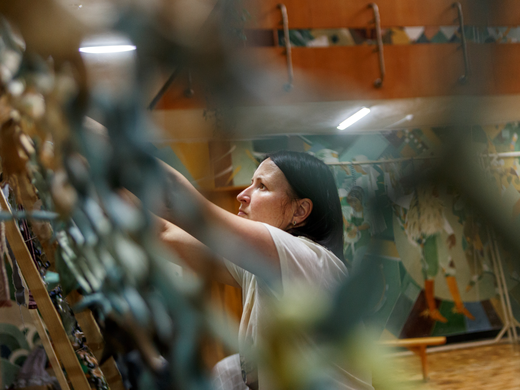Military organizations are often thought to be most effective when they are cohesive, and homogeneity of troops is one way to achieve this. Realistically, however, few of the societies they serve are inherently homogeneous, so building a unified force needs to depend on a shared sense of unity on national purpose. In Iraq, where sectarian tensions have been inflamed and where the country boasts of being home to multiple languages and ethnicities, and some of the world’s smallest religions, the Iraqi military is far from reflecting its society and a long way off in being diverse.
Leading up to the rise of the Islamic State, Iraqi minorities had plenty of grievances with the pervasive discriminatory practices and policies of the Maliki government in Baghdad, leading in part to the initial welcoming of the Islamic State in place of central federal authority. But most Iraqis soon discovered the tyranny of the group and it was the determination of the Iraqi military under the Abadi government that liberated minorities. To see disgruntled Arab Sunni communities celebrate the reassertion of Iraq’s military control over liberated territories this past year was a great moment of state pride, but this goodwill will slip away soon if the Iraqi military does not embrace diversity and inclusion.
Canada, while not perfect, is seen as a successful multicultural country that believes in diversity and inclusion in all aspects of our society. Yes, we have stumbled along the way to making our diversity real and not just rhetorical, but the effort to bring diversity and inclusion to the Canadian Armed Forces is a worthwhile experience and reality to share with our Iraqi partners. Unlike many partners in the North Atlantic Treaty Organization (NATO), we are seen as a positive example of how diversity and inclusion work in practice.
A forthcoming book I have co-edited has found that the Canadian Armed Forces have benefited from diversity. When Canadians see their community accepted into a core national institution, their sense of belonging is strengthened, within the institution and throughout the country. As recruitment becomes increasingly difficult, the military can benefit from looking to a broader range of people for volunteers. After all, Canada’s demographics are shifting and to maintain or increase recruitment levels in the forces, diversification of personnel is vital. Diversification can also help the military improve mission planning at higher institutional levels, as well as assisting individual units’ operational effectiveness, by building intercultural awareness and improving communication skills. Diversity is not easy to achieve and takes top-down leadership commitment to ensure its success, but the benefits are priceless.
In Iraq, Canada is in a unique position to lead by example when it comes to building a military that respects and embraces diversity, but also to stress the importance of top-down commitment from Iraqi leadership to ensure success. The Canadian forces’ mission in Iraq can hopefully show Iraqi partners the true value of diversity and inclusion. U.S. President Donald Trump’s focus on NATO defence spending precisely fails to appreciate the quality of Canadian commitments. Canada effectively takes on niche missions just like leading the NATO centre in Iraq; being globally respected as an inclusive country is something money cannot buy.
This article first appeared in The Globe and Mail.



